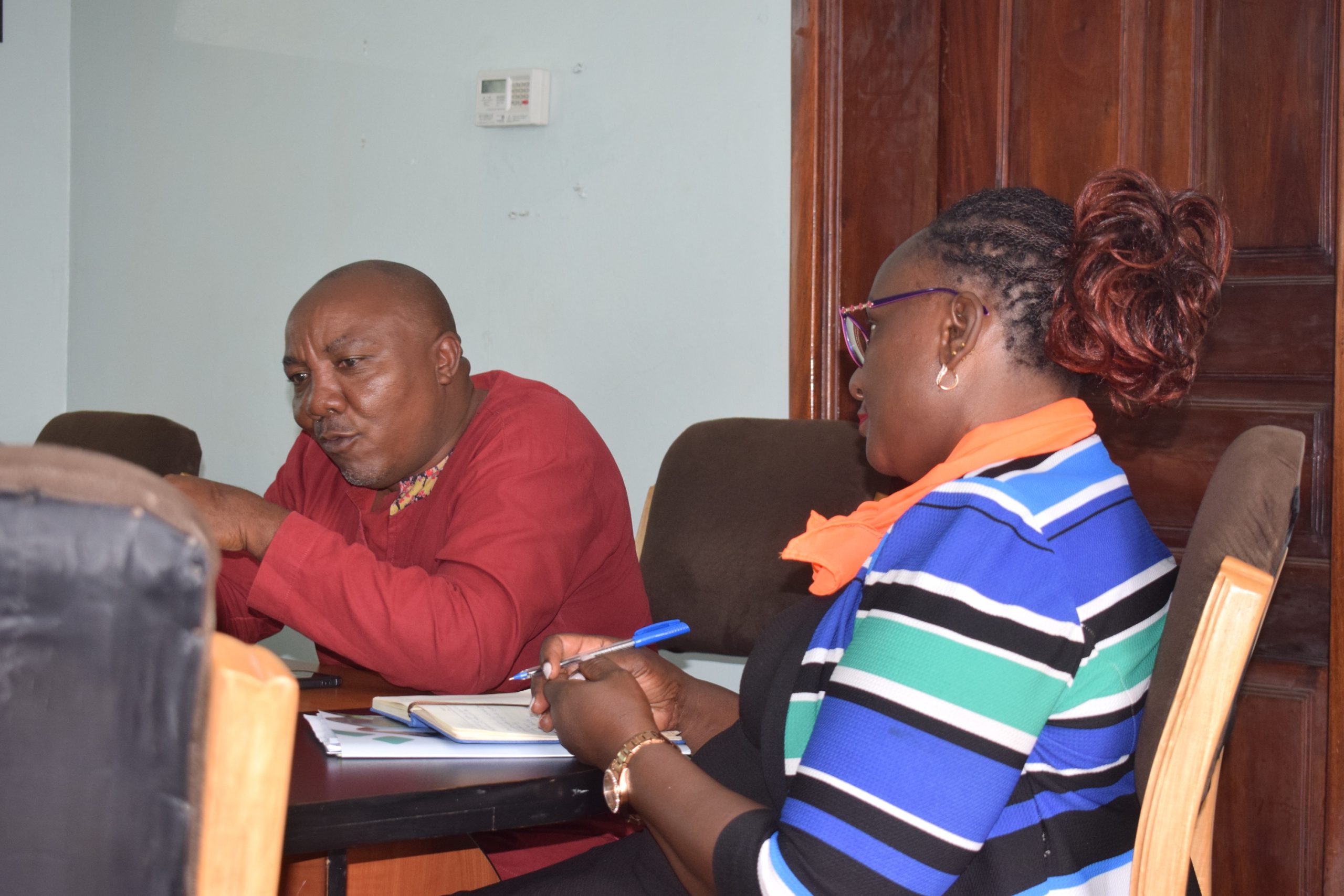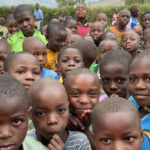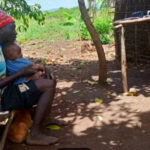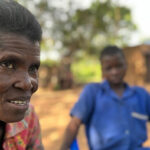The recent visit by the Ministry of Gender, Labour, and Social Development (MGLSD) to western Uganda highlighted the critical role of Child Wellbeing Committees (CWCs) in strengthening community-driven child protection mechanisms. Led by the Commissioner for Youth, Fred Ngabirano, the visit was conducted in collaboration with Bantwana Initiative Uganda staff and two probation officers from the Ministry. The afternoon’s activities centered on engaging with CWCs, whose functionality is deeply embedded in Bantwana’s programming.
The delegation arrived at Karambi Primary School in Kisomoro Subcounty, Bunyangabu District, where they were warmly welcomed by community stakeholders and CWC members. The visit provided an opportunity for the Ministry to observe and document how these committees operate at parish, subcounty, and district levels. CWCs, which comprise a range of stakeholders, including parish chiefs, Community Development Officers (CDOs), teachers, religious leaders, probation officers, and para-social workers, play a frontline role in handling child protection cases. This diversity ensures that cases are approached with a holistic perspective, addressing the social, legal, and emotional needs of affected children.
A significant highlight of the visit was the Ministry’s reaffirmation of its commitment to empowering local governments to lead parenting and child protection initiatives. This commitment reflects Article 17 of the Ugandan Constitution, which underscores child protection as a constitutional mandate. The Ministry pledged to conduct specialized training for CWC members between January and June next year. These training sessions aim to enhance the skills of committee members and provide them with materials such as training manuals and reference packages, equipping them to address complex child welfare issues more effectively.
During the visit, a detailed report was presented by district officials. The report highlighted the progress made in embedding CWC activities within the district’s governance structures. For example, the district has successfully integrated the District Action Centre with CWCs, creating a unified committee to enhance coordination and effectiveness. CWCs have also been included in budgetary allocations and work plans, ensuring their activities are sustained beyond external donor funding. Members have been trained and guided on their responsibilities, leading to a marked improvement in their functionality.
The visit also served as an opportunity to document the remarkable contributions of CWCs. The insights gathered during this visit will also inform future programming and policy advocacy efforts, ensuring that CWCs remain an integral part of Uganda’s child protection framework.
Para-social workers, in particular, expressed their unwavering commitment to sustaining the work initiated by Bantwana. One para-social worker emphasized, “Much as Bantwana’s support is coming to an end, we shall continue. Sustainability is key.” Their dedication underscores the resilience and determination of grassroots structures to continue protecting children despite limited resources.
The Commissioner for Youth commended the unique role CWCs play in addressing child protection issues at the community level. Recognizing the value of these committees, the Ministry has prioritized enhancing their capacity and addressing their operational challenges. Moving forward, a multi-pronged approach will be adopted, including advocacy for the development of comprehensive training materials, and the establishment of safe spaces for vulnerable children.
This visit underscored the importance of collaboration between government, civil society, and community structures in safeguarding children. Through addressing the challenges identified and building on the successes observed, the Ministry, in partnership with Bantwana Initiative Uganda, aims to create a sustainable and effective child protection system. The Ministry’s renewed commitment to supporting CWCs and local governments ensures that these vital structures will continue to serve as a beacon of hope for vulnerable children across Uganda.

















Leave a Reply